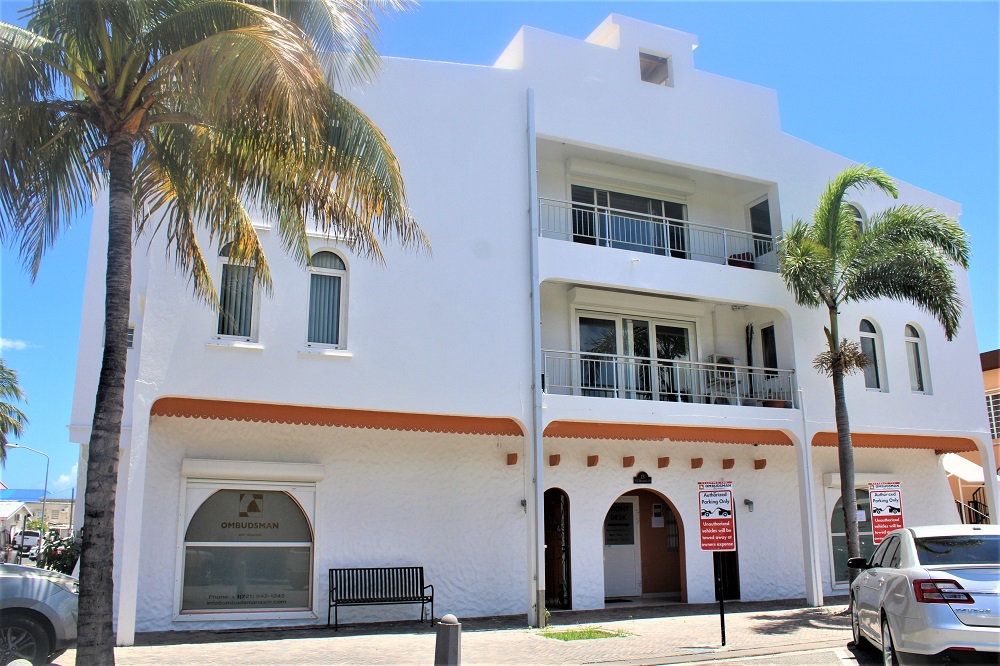Former Minister Johnson frustrated Ombudsman investigation into airport’s procurement policy

PHILIPSBURG – Former Minister of Tourism and Economic Affairs (TEATT) Stuart Johnson actively frustrated an investigation by the Ombudsman into the procurement policy at the Princess Juliana International Airport. This appears from the Ombudsman’s 2019 annual report.
The Ombudsman initiated a systemic investigation into the procurement policy in the third quarter of 2018; it was completed in April 2019.
On November 19, 2018, Minister Johnson wrote to the Ombudsman that there were “serious legal objections to the Ombudsman’s jurisdiction in this matter.” Johnson also claimed that the procurement policy is “an internal confidential document.” The Ombudsman notes in her report that the minister did not provide any documentation to support his position.
Johnson declined to provide information about the (general) tendering process and its accessibility to bidders and interested third parties. According to Johnson, the airport’s procurement policy is “an operational matter” and “in accordance with the government’s arms-length policy and good corporate governance practices the shareholder representative does not interfere in such matters.”
The Ombudsman wholeheartedly disagrees with this point of view: “Transparency in public procurement is pivotal and does not cross the arms-length principle. Information must be made available to all stakeholders: contractors, suppliers, service providers and the public at large.”
The Ombudsman also debunked the minister’s arms-length argument with a quote from the Governing Program 2018-2022: “The government must play a more active role as shareholder of these (government-owned) companies, assisted by SOAB to create more transparency, improved services and to create a higher level of corporate social responsibility.”
In his letter of November 19, 2018, Johnson also referred to the integrity reports of PriceWaterhouseCoopers and Transparency International. “None of these reports pointed to any shortcomings in the procurement policy.”
The Ombudsman takes that statement also to task in her report. PriceWaterhouseCoopers found that several of the airport’s policies and procedures contain “limited anti-corruption provisions including the procurement management policy and procedures.” And Transparency International wrote in its assessment that “the legal framework for public procurement is limited and information is not made public, making it difficult to access its effectiveness in practice.”
The Ombudsman concludes that the “non-substantive and evasive answers” the minister provided and the refusal to provide a copy of the procurement policy, make it impossible to assess “whether the policy is in compliance with the fundamental principles of public procurement.” The process is however insufficiently transparent.
“The answers from the minister “lack substance; they were evasive, inconsistent and contradicting to established general principles and facts,” the Ombudsman report states.
Considering all this, the Ombudsman “observes the need for a more professional and transparent approach to the airport’s management.”
The Ombudsman recommends that the government improves the legal framework for public procurement or establishes standardized procurement guidelines. The Ombudsman furthermore asks (again) that the government provides it with a copy of the procurement policy and to ensure that the airport makes the policy available to stakeholders.
The Ombudsman provided its final report on the investigation in April 2019 to the government. So far, the government has not reacted to its content.
###
Related articles:
Ombudsman meets with Minister Johnson to discuss concerns within the Ministry of TEATT
























